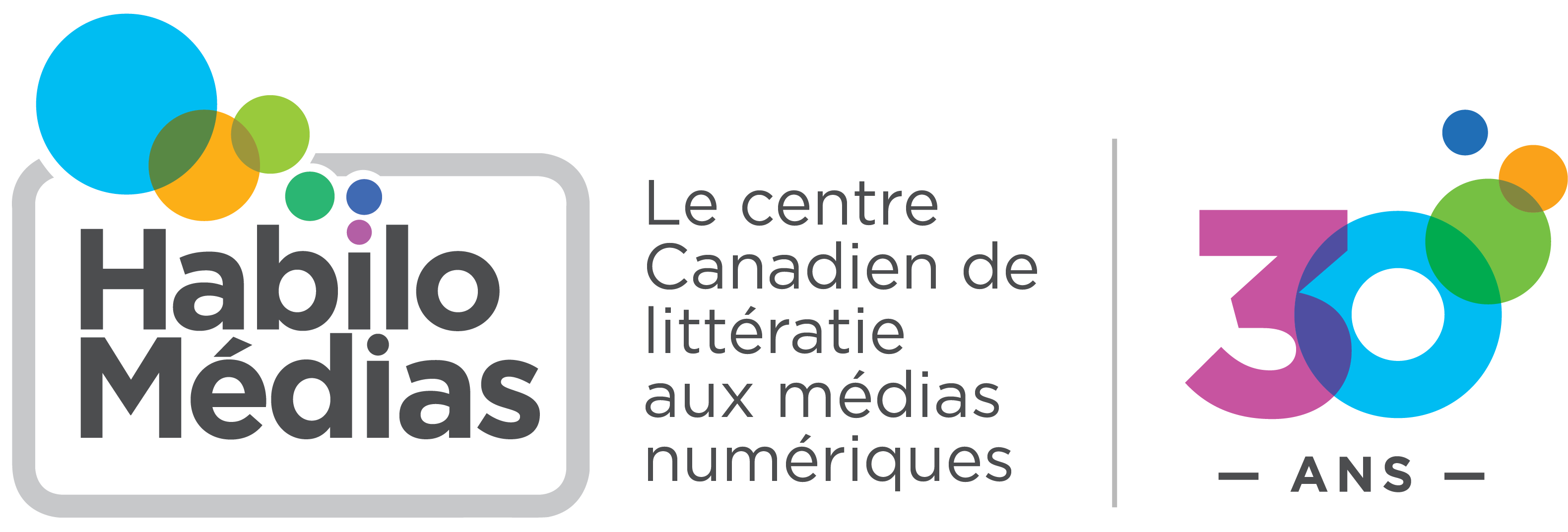Outcome Chart - British Columbia - Social Studies Grade 6
Big Ideas
- Complex global problems require international co-operation to make difficult choices for the future.
- Media sources can both positively and negatively affect our understanding of important events and issues.
Overall Expectations:
- Use Social Studies inquiry processes and skills to ask questions; gather, interpret, and analyze ideas; and communicate findings and decisions
- Develop a plan of action to address a selected problem or issue
- Construct arguments defending the significance of individuals/groups, places, events, or developments (significance)
- Ask questions, corroborate inferences, and draw conclusions about the content and origins of a variety of sources, including mass media (evidence)
- Differentiate between short- and long-term causes, and intended and unintended consequences, of events, decisions, or developments (cause and consequence)
- Take stakeholders’ perspectives on issues, developments, or events by making inferences about their beliefs, values, and motivations (perspective)
- Make ethical judgments about events, decisions, or actions that consider the conditions of a particular time and place, and assess appropriate ways to respond (ethical judgment)
Specific Expectations
Students are expected to know the following:
- global poverty and inequality issues, including class structure and gender
- different systems of government
- globalization and economic interdependence
- international co-operation and responses to global issues
- regional and international conflict
- media technologies and coverage of current events
MediaSmarts Resources
- Advertising All Around Us
- Avatars and Body Image
- Break the Fake: What's Real Online?
- Comic Book Characters
- Police in the Media)
- Cyber Choices (licensed resource)
- Earth Day: Maps as Media
- Kids, Alcohol and Advertising - Lesson 4: Interpreting Media Messages
- Kids, Alcohol and Advertising 1: Messages About Drinking
- Kids, Alcohol and Advertising 2: Young Drinkers
- Kids, Alcohol and Advertising 3: Understanding Brands
- Media Kids
- Media literacy key concepts Introduction: What is media anyway?
- Media literacy key concepts Lesson 2: Media are constructions
- Media literacy key concepts Lesson 3: Audiences negotiate meaning
- Media literacy key concepts Lesson 4: Media have commercial implications
- Media literacy key concepts Lesson 5: Media have social and political implications
- Media literacy key concepts lesson 6: Each medium is a unique aesthetic form
- Once Upon a Time - Lesson
- Stereotyping and Bias
- Taking Charge of TV Violence
- Teaching TV: Learning With Television - Lesson
- Teaching TV: Television as a Story Teller - Lesson
- The Anatomy of Cool
- The Constructed World of Media Families
- Thinking About Television and Movies - Lesson
- TV Dads: Immature and Irresponsible?
- TV Stereotypes
- Understanding the Internet Lesson 3: Build Understanding
- Understanding the Internet Lesson 4: Communication and Social Media
- Video Production of a Newscast
- Villains, Heroes and Heroines
- Violence in Sports
- Writing a Newspaper Article
